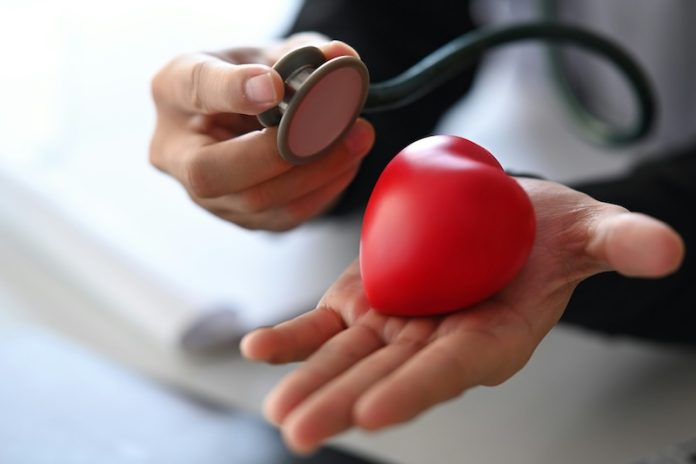
Blocked arteries in the heart, also known as coronary artery disease, happen when the main blood vessels that bring oxygen and nutrients to the heart become narrow or damaged. This usually happens because of cholesterol build-up (called plaques) and inflammation in the arteries.
Knowing the signs of this condition is very important. If caught early, it can be treated more effectively, which lowers the risk of having a heart attack or stroke. This article explains the key symptoms to watch for and why they occur.
The heart needs a steady supply of oxygen-rich blood to work properly. The coronary arteries are the blood vessels that provide this blood. When they become blocked or the blood flow slows down, the heart struggles to do its job. This can lead to serious health problems.
One of the most common signs of blocked arteries is chest pain, also known as angina. This pain often feels like pressure, tightness, or squeezing in the chest. It may also spread to the arms, neck, jaw, or back. Angina usually happens during physical activity or times of stress and often goes away when the person rests.
However, not all heart problems cause obvious symptoms. Some people have what’s called a silent heart attack, where they have little or no symptoms at all. This is more common in people with diabetes, who may not feel pain because of nerve damage from their condition.
Another major sign is shortness of breath. If your heart isn’t pumping enough blood, you might feel out of breath even when doing simple things or when resting. This can be a sign that your heart is under strain due to blocked arteries.
Feeling very tired or weak is another symptom. It might not seem related to heart problems at first, but if daily activities suddenly feel exhausting, it could mean the heart isn’t getting enough blood. This is especially true for women.
Some other signs that may not seem directly connected to heart problems include nausea, feeling dizzy, or noticing irregular heartbeats. These are more common in women and can sometimes be confused with other health issues.
Doctors stress the importance of paying attention to these signs. A study in the American Journal of Cardiology showed that people who noticed their symptoms early and got help right away had much better results than those who waited. This is because the heart gets more damaged the longer it is without enough oxygen.
To prevent blocked arteries and heart disease, it’s important to manage your health. This means controlling your cholesterol and blood pressure, avoiding smoking, managing diabetes if you have it, staying at a healthy weight, and staying active. Eating a heart-healthy diet, exercising often, and living a healthy lifestyle can make a big difference.
In summary, understanding the warning signs and risk factors for blocked arteries can save lives. If you or someone you know has any of the symptoms mentioned, see a doctor right away. The sooner treatment starts, the better the chances of preventing serious damage and making a full recovery. Taking care of your heart health is one of the most important things you can do.
If you care about heart disease, please read studies that herbal supplements could harm your heart rhythm, and how eating eggs can help reduce heart disease risk.
For more health information, please see recent studies that apple juice could benefit your heart health, and results showing yogurt may help lower the death risks in heart disease.
Copyright © 2025 Knowridge Science Report. All rights reserved.



